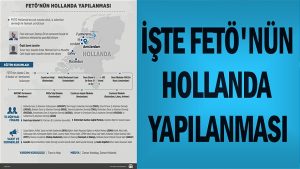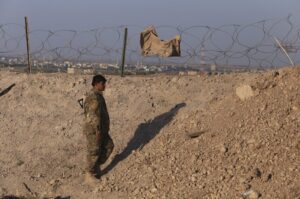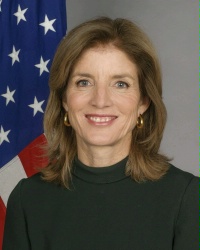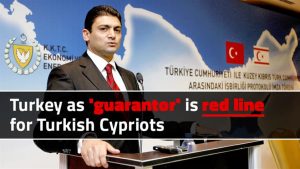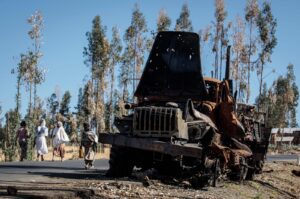Greece, EU drown human rights in Aegean Sea: AK Party Spox
The spokesperson of Turkey’s ruling Justice and Development Party (AK Party) criticized Greek authorities for their continued policy of illegal migrant pushbacks in the Aegean… …
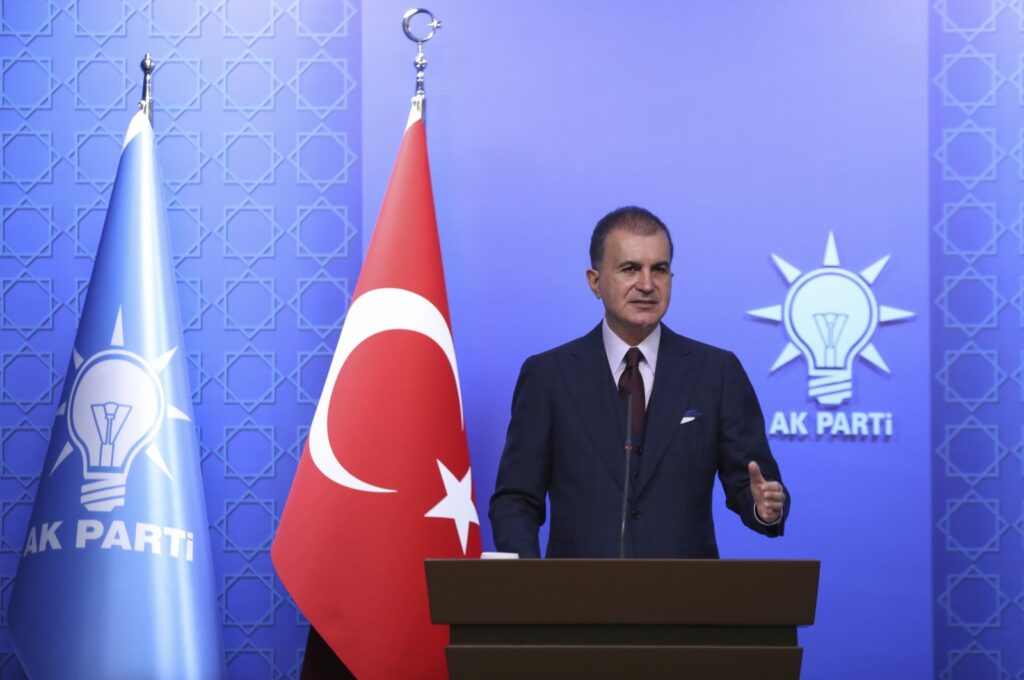
The spokesperson of Turkey’s ruling Justice and Development Party (AK Party) criticized Greek authorities for their continued policy of illegal migrant pushbacks in the Aegean Sea on Wednesday, as he slammed the European Union for turning a blind eye to the tragedy.
Ömer Çelik said Greece’s illegal pushback of migrants is the main reason behind the recent rise in migrant deaths in the Aegean Sea. He accused European countries of ignoring it.
“Greece’s persistent pushback policy, which is facilitated by the EU’s Frontex (border and coast guard agency) led to migrants to change their route to the more dangerous and longer Italian route,” he told reporters following the party’s executive board meeting in the capital Ankara.
He noted that European countries, which consistently higlight the importance of democracy and human rights, lose both as small boats sink in the Mediterranean.
“Pushbacks, done by Greece and Frontex, are attempts to directly leave migrants dead,” he said, adding that there is concrete evidence showing Greek coast guard shooting migrant boats, trying to sink them and throw sound grenades on the migrants. Çelik said Frontex has become a part of the pushbacks and there is an ongoing investigation about their involvement.
Turkey and human rights groups have repeatedly condemned Greece’s illegal practice of pushing back irregular migrants, saying it violates humanitarian values and international law by endangering the lives of vulnerable migrants, including women and children.
Turkey’s five Aegean provinces – Çanakkale, Balıkesir, Izmir, Muğla and Aydın – are prime spots for refugees to leave Turkey for the EU, with Greek islands lying within sight of the Turkish coast.
In recent years, hundreds of thousands have made short but perilous journeys across the Aegean to reach northern and western Europe in search of a better life.
Hundreds of people have died at sea as many boats carrying refugees sank or capsized. The Turkish Coast Guard Command has rescued thousands of others.
Turkey and Greece have been key transit points for migrants looking to cross into Europe, fleeing war and persecution to start new lives. Turkey has accused Greece of large-scale pushbacks, summary deportations and denying migrants access to asylum procedures, which is a violation of international law. Ankara also accuses the EU of turning a blind eye to this blatant abuse of human rights.
Pushbacks are considered contrary to international refugee protection agreements, which dictate that people should not be expelled or returned to a country where their life and safety might be in danger due to their race, religion, nationality or membership in a social or political group.
Russia-Ukraine tension
Regarding the ongoing tension between Russia and Ukraine, Çelik said Turkey attaches great importance to peace and stability in the Black Sea.
“We hope that a ground, which would preserve the territorial integrity of Ukraine and clear concerns of both NATO and Russia, will be established,” he said.
Russia has recently amassed tens of thousands of troops near Ukraine’s border. The move has prompted concerns among NATO allies that Russia could be planning another military offensive against its ex-Soviet neighbor.
The United States and its European allies are accusing Russia of trying to destabilize the country by providing military support to the separatist forces in Ukraine’s eastern regions.
Turkey-Armenia normalization
Also addressing the normalization of ties between Turkey and Armenia, Çelik said Turkey’s special envoy Serdar Kılıç will soon meet with his Armenian counterpart to discuss the process.
If things went well with the normalization of the relations, which Azerbaijan has consented to and supported, Turkey and Armenia would resume charter flights as one of the steps of the process, he said.
“We hope that Armenia would give up with expansionist policies and act as a part of the mechanism that would contribute to stability in the southern Caucasus,” Çelik remarked.
On Dec. 15, Turkey appointed Kılıç, a former ambassador to the U.S., as its special envoy to discuss steps for normalization with Armenia. Three days later, Armenia also appointed its special representative for dialogue with Turkey, National Assembly Deputy Speaker Ruben Rubinyan.
Delayed Libyan elections
On the latest developments in Libya, including the postponement of the presidential polls previously scheduled to be held on Dec. 24, Çelik reiterated that Turkey supports just, free and legitimate elections which would take the country out of instability.
“Turkey expects whoever emerges victorious from the elections to represent the whole country,” he added.
On Monday, the Libyan parliament proposed postponing the country’s presidential elections by six months.
Libyan rival parties have been in disagreement over the voting timetable for the presidential and parliamentary elections to be held simultaneously or one after the other.
Libyans hope that the upcoming elections will contribute to ending an armed conflict that has plagued the oil-rich country for years.





